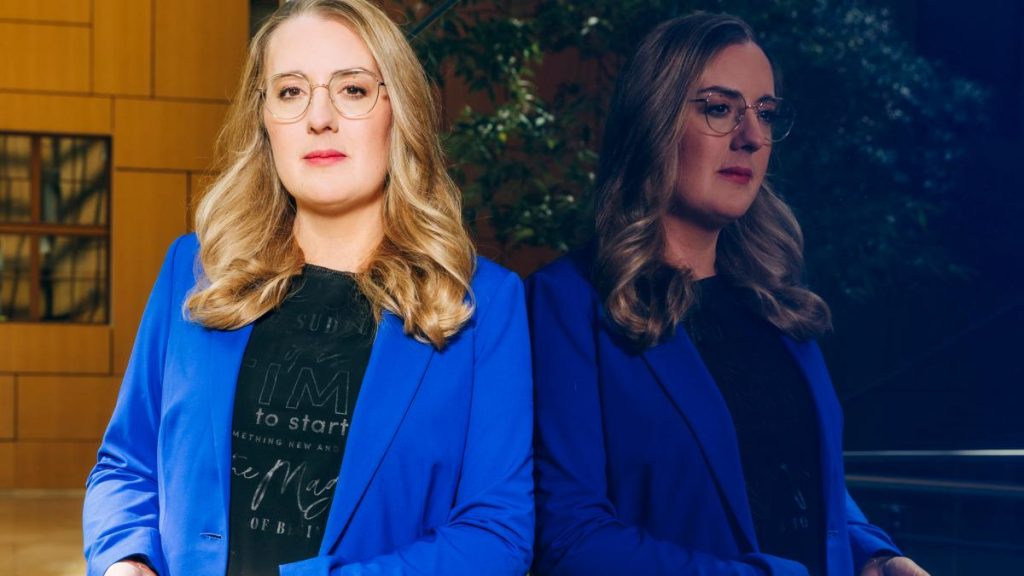Katharina Dröge, along with Britta Haßelmann, leads the Green Party faction in the Bundestag. The 39-year-old economist has been a member of the Bundestag since 2013. According to an Allensbach survey, 43 percent of Germans see the Greens as the dominant force in the coalition government. Dröge acknowledges that with Robert Habeck and Annalena Baerbock as ministers, the Greens have visibility due to their important roles, such as Baerbock leading the Foreign Ministry during times of conflict in Ukraine and the Middle East. The Greens are actively addressing important issues such as independence from Russia, climate protection, and modernizing the economy.
Dröge discusses the perception that the Greens are too powerful in the government, acknowledging the political polarization in the country. She emphasizes that important decisions need to be made regarding issues such as independence from Russia, climate protection, and economic modernization, despite controversies. While the level of opposition to their policies has increased, Dröge is focused on convincing skeptics while recognizing the need for a more civil political discourse. The Greens are also committed to addressing the challenges of strengthening the economy and promoting social justice, particularly in the areas of education and housing affordability.
The recent agreement on climate protection is a significant milestone for the government, despite initial disagreements and threats from the FDP Minister of Transport. Dröge emphasizes the importance of Volker Wissing delivering effective measures for climate protection in the transportation sector. The Greens have also succeeded in advancing policies such as the legalization of cannabis and self-determination legislation, highlighting their commitment to addressing important societal issues. Dröge stresses the need for a broad societal debate on further reforms, such as those related to abortion laws.
The discussion shifts to the controversial topic of the children’s basic income, which has faced opposition from the FDP. Despite disagreements, Dröge clarifies that there will not be an additional 5000 positions created and emphasizes the importance of simplifying access to support for families. The financial implications of the children’s basic income are acknowledged, especially in light of budget constraints following a court ruling on public debt. Dröge highlights the need for constructive discussions within the coalition to address these financial challenges.
As the debate around the reform of the debt brake intensifies, Dröge explores potential solutions to generate additional revenue and modernize the budget constraints. She acknowledges the differing views within the coalition but emphasizes the need for a united approach to address the economic challenges. Dröge also discusses the possibility of increasing funds for defense or declaring a state of emergency in response to the situation in Ukraine, highlighting the need for a comprehensive strategy to address the crisis. The discussion ends with considerations about the future leadership of the Greens in the upcoming election and the importance of collective decision-making within the party.


